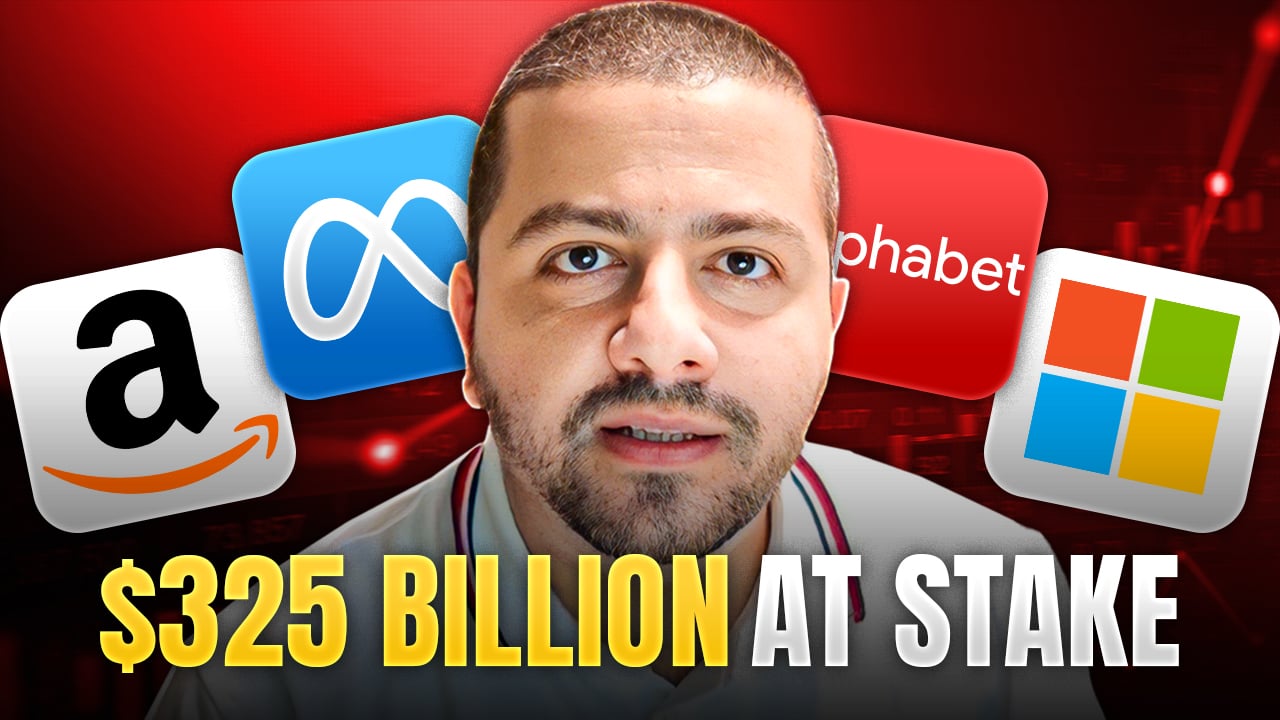As the No. 1 social networking site, Facebook (FB 1.15%), finished its most successful year since it went public nearly two years ago, there were still nagging concerns surrounding the effectiveness of the billions of ads it spews out daily to its 1.23 billion users. Facebook, undoubtedly, had a fantastic year in 2013. It recorded a revenue of $7.87 billion, equivalent to a healthy 55% year-over-year increase, and a profit of $1.5 billion, equivalent to $0.31 per share, which was a massive improvement over the previous year's $32 million profit.
The Menlo Park-based company's shares also did exceptionally well, gaining close to 100%. Quite obviously, Facebook shareholders are not complaining at all. But what do marketers who use the social platform to post their ads to reach its gazillions of users think of it? Facebook makes roughly 90% of its money from ads, but unlike Google (GOOG 3.21%) whose primary function is to advertise, Facebook has to perform a delicate balancing act between pleasing its one million-plus marketers, and not annoying its fans with too many ads they might find intrusive.
What marketers think of Facebook ads
There are more than one million marketers who use Facebook to post their ads. But unlike its shareholders who are happy with its progress, it appears like the marketers are anything but happy with the platform as far as getting bang for their buck is concerned.
Nate Elliott, a Forrester analyst, sent a scathing open letter to Facebook's chief executive Mark Zuckerberg in October last year, lambasting Facebook for failing marketers. Mr. Elliott's chief rant was that Facebook shows each brand post to just 16% of its fans. He also expressed concerns that despite the social network delivering tens of billions of display ads every day, fewer than 15% of those ads leverage its ever-growing cache of social data so as to target the most relevant audiences.
Mr. Elliott pointed to a survey wherein 395 marketers in the U.S., the U.K., and Canada, rated Facebook as the digital marketing opportunity that delivered the least business value for them. Below are the results from the survey:
Source: Forrester Research
Mr. Elliot's kvetching really boiled down to one thing: These marketers would like Facebook to display more ads to its fans.
Why junking up Facebook more is not a good idea
Facebook faces the dilemma of balancing between delivering value for its clients, without making its fans angry. Facebook's core revenue model revolves around advertising, but at the same time, people don't go to the social platform looking for ads. Shoving ads into their news feeds is mostly unwelcome, and these ads are, in effect, an anti-social offering on a social platform.
Google does not face the same dilemma as Facebook does. The search giant displays ads to a huge cross-section of consumers from widely varying demographics in a direct response to the specific words they use in their searches.
Google's way of displaying ads is a lot more natural, and even helpful, way of giving people more information about their preferred searches. That is why marketers get much better business value from search marketing, and why it ranks so high in the results of the Forrester survey. And it's primarily the main reason why Google has a much higher overall revenue than Facebook ($57.86 billion in fiscal 2013), and is likely to remain that way for the foreseeable future.
Can Facebook continue growing?
Facebook has been steadily growing its user-base, albeit at a slower pace than was previously the case. Its monthly user-base increased 16% year-over-year to 1.23 billion users by the end of 2013. More users mean more revenue for the company.
Facebook is also looking for ways to monetize its Instagram platform, whose user-base has grown considerably since it acquired it last year, from 22 million users to more than 150 million currently. Some investors have been arguing that Facebook users have increasingly been leaving the site and joining Instagram instead, which seems undesirable since Facebook has not yet worked out a formula to monetize Instagram.
But that's not a big problem since Facebook's overall user-base is still growing strongly. A little attrition of its users is perhaps inevitable since the two platforms are closely intertwined, but it's not as harmful as some presume it to be. A recent study by Piper Jaffray revealed that 23% of teenagers rate Instagram as their number one social networking site, and the second most popular social media outlet after Twitter.Younger Facebook users are increasingly getting restless with the social platform, which has been around for about a decade, and are shifting to other platforms. The popularity of Instagram with these users will help Facebook to avoid losing them to competing platforms.
Foolish bottom line
Facebook is unlikely to increase the volume of ads it displays to users, despite growing complaints by marketers. Doing so would quite likely make the site less appealing to its fans, and substantially increase the risk of disgruntled users jumping ship and joining other social media platforms.
But this should not worry investors since the social networking giant has the largest number of fans by far, and is therefore likely to remain highly popular with marketers as they hunker after its one billion-plus users.






